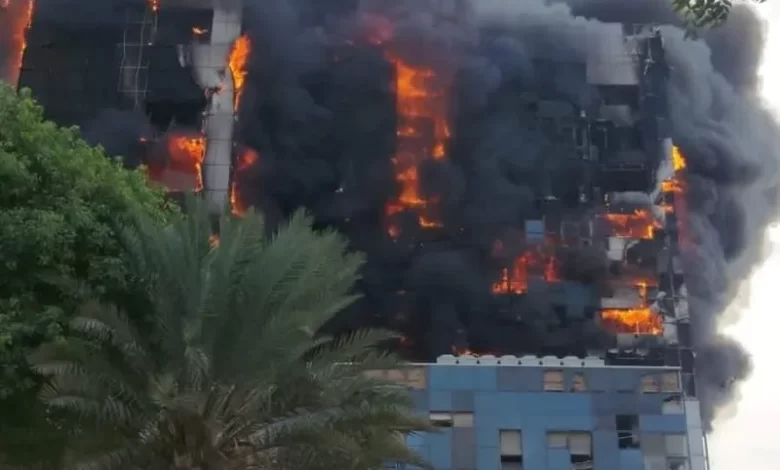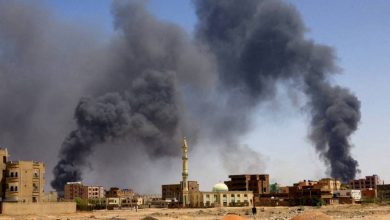The Sudan War…Exhausting the South’s Economy

Sudan Events – report
The ongoing war in Sudan between the army and the Rapid Support militia (RSF) since April 15, 2023, has cast a shadow over the budget and revenue generation in the state of South Sudan, as a result of shipments of crude oil sales being affected – according to what a government official announced.
Double revenue
South Sudan’s Minister of Finance and Planning, Awu Daniel Chuang, said according to Radio Tamazuj that there are difficulties in paying the salaries of civil servants due to weak national revenues.
When addressing the Transitional National Legislative Council in Juba, Minister Chuang said that his priority is to stabilize prices in the market, before considering paying salaries, despite the fact that nearly 8 months have passed without paying salaries to civil servants.
He stated that he does not have sufficient funds to pay the arrears of salaries of civil servants, and pointed out that the ministry is facing difficulties in achieving revenues and those shipments of crude oil sales have been affected due to the ongoing war in Sudan.
New challenges
He continued: “What I can say is that most of the challenges we face in financing and planning regarding oil production, which has stopped, and 70% of the oil comes from Upper Nile State, especially from fields 6 and 7.”
He added: “The rest comes from Ruweng, Unity State in Field 5 and Field 5A. Only about 30% to 35% of the oil flows, and this is one of the new challenges imposed by the war in Sudan.”
He explained that they are currently using the small revenues collected by the National Non-Oil Revenue Authority to cover salaries, and added that the funds collected by the Authority are insufficient to settle civil service employee salary arrears.
He said: “Before I took over the Ministry of Finance, we were struggling to ensure that we resume oil production, and the arrears accumulated because of that this year, and I know for certain that during the past few years when the budget was prepared, there was always a gap between the proposed budget and the achieved budget that would be spent.”
He said that one of the challenges facing the ministry is working with people outside the budget, and that this has affected the conduct of government activities.
Maintenance operations
On the other hand, the Sudanese Minister of Energy and Oil, Dr. Mohyiddin Naeem Mohammad, has acknowledged the difficulty of determining a specific time to restart the pipeline carrying South Sudanese oil through Sudanese territory, and in a previous interview with Sudan Events, he attributed the matter to the security situation and the inability of engineers to enter some sites until required maintenance operations for the line are completed. .
But the Minister confirmed that only 80 kilograms remained to be repaired, expecting it to return to work soon. He said that the big challenge lies in the security situation, and added, “According to the program currently set to unload the line, we need a short period to complete this process, after which the line will be ready to receive southern crude and resume.” Then line will operate normally.
The minister revealed that the entire team working on the repair and unloading operations of the line is carried out by 100% Sudanese hands and they have a wealth of experience since the first suspension that occurred in 2011.
The Minister explained that the revenue from transporting oil to the Sudanese government ranges according to the production rate and the quantities of exports received by this line of southern oil. He explained that in almost the recent period, the revenue to the government of Sudan from processing fees in Al-Jabalin and transmission fees to Bashaer port is about one and a half million dollars per day.



